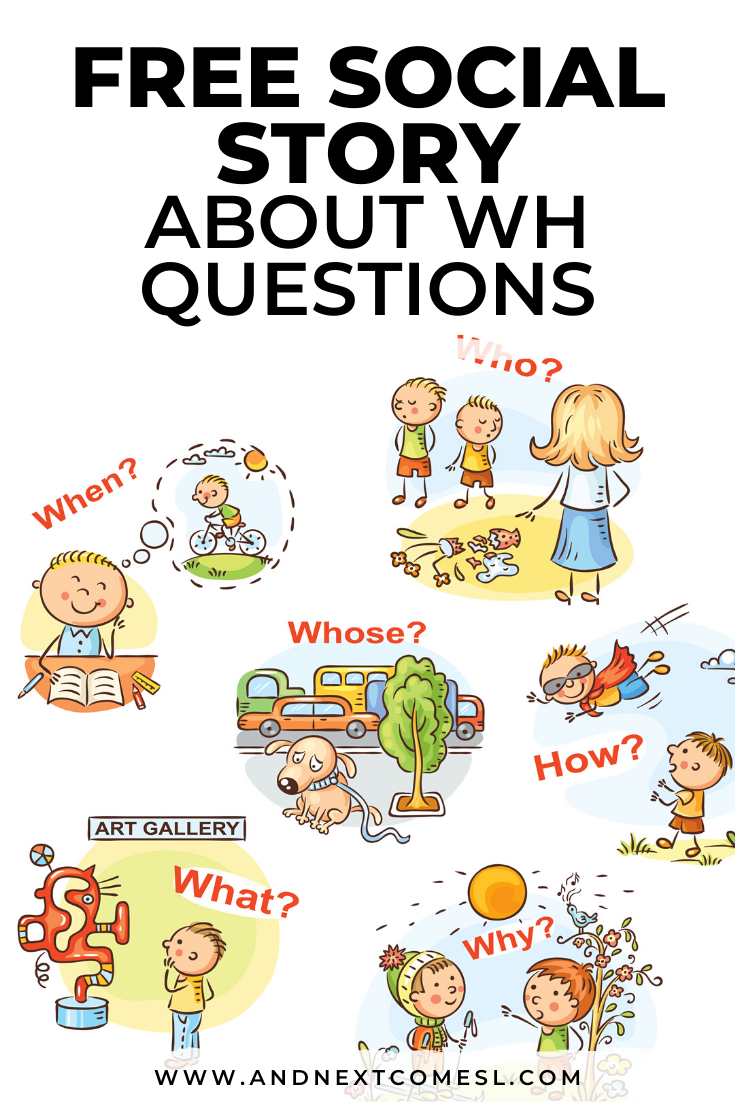

“The student isn’t asking what they’re reading about or why it matters,” Nabors said. Nabors also explained that inquiry-based learning does not do away with surface-level questions those are still important, especially when teaching elementary students. “It will not take the place of your standards or your core instruction.” “Inquiry is designed to connect and transcend all four of these areas,” Nabors said. Regardless of which state you teach in, your criteria mostly likely involves these four pillars: standards, instructions, curriculum, and assessment. “Give them that structure so they can make claims about what they are studying,” Nabors said. For elementary students, create “Make a Claim” formulas, such as:
#Social questions for students how to#
Once students have their compelling questions, teach them how to make strong arguments. Broad Brush - e.g., Does freedom mean equality?.

Mystery - e.g., When did the Civil Rights Movement really begin?.Evaluative - e.g., Was the Civil Rights Movement of the 1960’s successful?.The types of questions your students may come up with include: Then, have them define their compelling question and explain why it matters. If you can do that, you’re right.’”īefore you ask students to come up with a compelling question, make sure you give them plenty of background information. “I’d tell my students, ‘You can’t be wrong when answering a compelling question so long as you can justify your answer. “What I love about compelling questions is they have a lot of different answers,” Nabors said. They deal with curiosities about how things work interpretations and applications of disciplinary concepts and unresolved issues that require students to construct arguments in response.” Nabors encouraged educators to nurture students’ curiosity by following the same inquiry-based learning approach used to create Studies Weekly’s curriculum.Īccording to the National Council for Social Studies, compelling questions “focus on enduring issues and concerns. A different study, led by Sophie von Stumm, found that intellectual curiosity leads to greater academic performance. Inquiry-based learning - a strategy of letting students ask and answer questions - has proven to help students do better in science and math, according to Sarah Sparks in her Education Week article from October 2019. Don’t be afraid of their questions embrace them.” So invite your students to question everything. That is where they find the answers they seek. “Good questions will always lead to better questions. “Giving students the opportunity to make inferences and opinions is key to creating a culture of inquiry in your classroom,” Nabors said. But more likely, it is because of teaching strategies that don’t encourage students to ask questions. He suggested this might be because children’s curiosity decreases as they learn more. In a recent webinar, Nabors showed a graph that revealed that the older children get, the fewer questions they ask. Students learn at a deeper level when they ask lots of questions, according to John Nabors, Studies Weekly product manager and former educator.


 0 kommentar(er)
0 kommentar(er)
